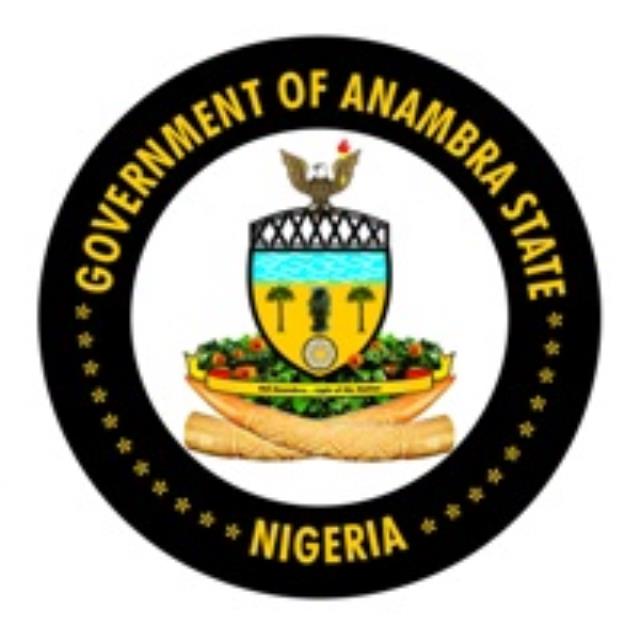DAMIAN EGWUONWU
Recently, Governor Willie Obiano inaugurated a Taskforce on Human Trafficking in Anambra state. The Governor, represented by the Secretary to the State Government, Professor Solo Chukwulobelu, charged the Taskforce to nip in the bud the heinous crime against humanity called human Trafficking.
Members of the Taskforce are expected to spearhead the fight against human trafficking, which is a dangerous and criminal trend that has reduced human beings to mere commodities. Available records indicate that Anambra, like many other States in Nigeria, is faced with the challenge of trafficking in human persons.
It is cheering, however, that, in Anambra state, repatriated persons, who are victims of the dastardly act, are receiving succour from the state government through the Ministry of Women’s Affairs and Social Development. The government, through empowerment, skill acquisition and other welfare packages, settle the returnees.
Statistics from 2004 to 2020 show that five hundred and twenty-eight indigenes of the state were rescued by the National Agency for the Prohibition of Trafficking in Persons, NAPTIP. Four hundred and twenty-six of the rescued persons are females, while the remaining one hundred and two are males.
According to the records, most of the rescued persons came from Onitsha North and South, Anambra East, Anaocha, Awka North and South, ldemili North and South council Areas.
It is commendable that NAPTIP is poised to strategizing on how best to effectively combat the menace of Human Trafficking, irregular migration, sexual and gender-based violence and other related offences.
No doubt, the problem of Human Trafficking and irregular migration have become great national concern, especially with the large number of Nigerians trapped in sexual and labour exploitation camps in various African and European countries. Apart from the hundreds that continue to die in the Sahara Desert and Mediterranean Sea.
Last year, reports emerged about the existence of Human Farms in some parts of Libya, where Black African migrants were kept in cages like animals and their organs like eyes, kidneys and lungs are harvested to service the medical sector of Europe.
The state Taskforce on Human Trafficking, therefore, has pivotal role to ensure adequate sensitization of the grassroots and vulnerable groups, providing services and support to victims who have been rescued and returned, as well as information sharing and law enforcement. This requires strong political will and adequate budgetary provisions.
The challenges ahead of the Taskforce are quite enormous. Hence, new initiatives must be developed to ensure adequate resources for the rehabilitation of the returnee victims of human trafficking and irregular migration. Vocational training facilities and scholarship should be in place to provide appropriate rehabilitation for these victims of human trafficking as well as empowerment programs for rural women who are the mothers of potential victims of human trafficking.
The emergence of the state Attorney-General and Commissioner for Justice, Dr Uju Nwogu, as chairman of the Taskforce on Human Trafficking in the state will solidify the fight of preventing human trafficking, protecting the interest of the citizenry, especially trafficked persons, persecuting the traffickers and their cohorts as well as partnering other government and non governmental agencies in the fight against trafficking in human persons.
Ndi Anambra expect the taskforce to facilitate the quick conviction of offenders and to dislodge from Anambra state these human merchants, who have constituted a big threat to the entire human race.





Comments are closed for this post.